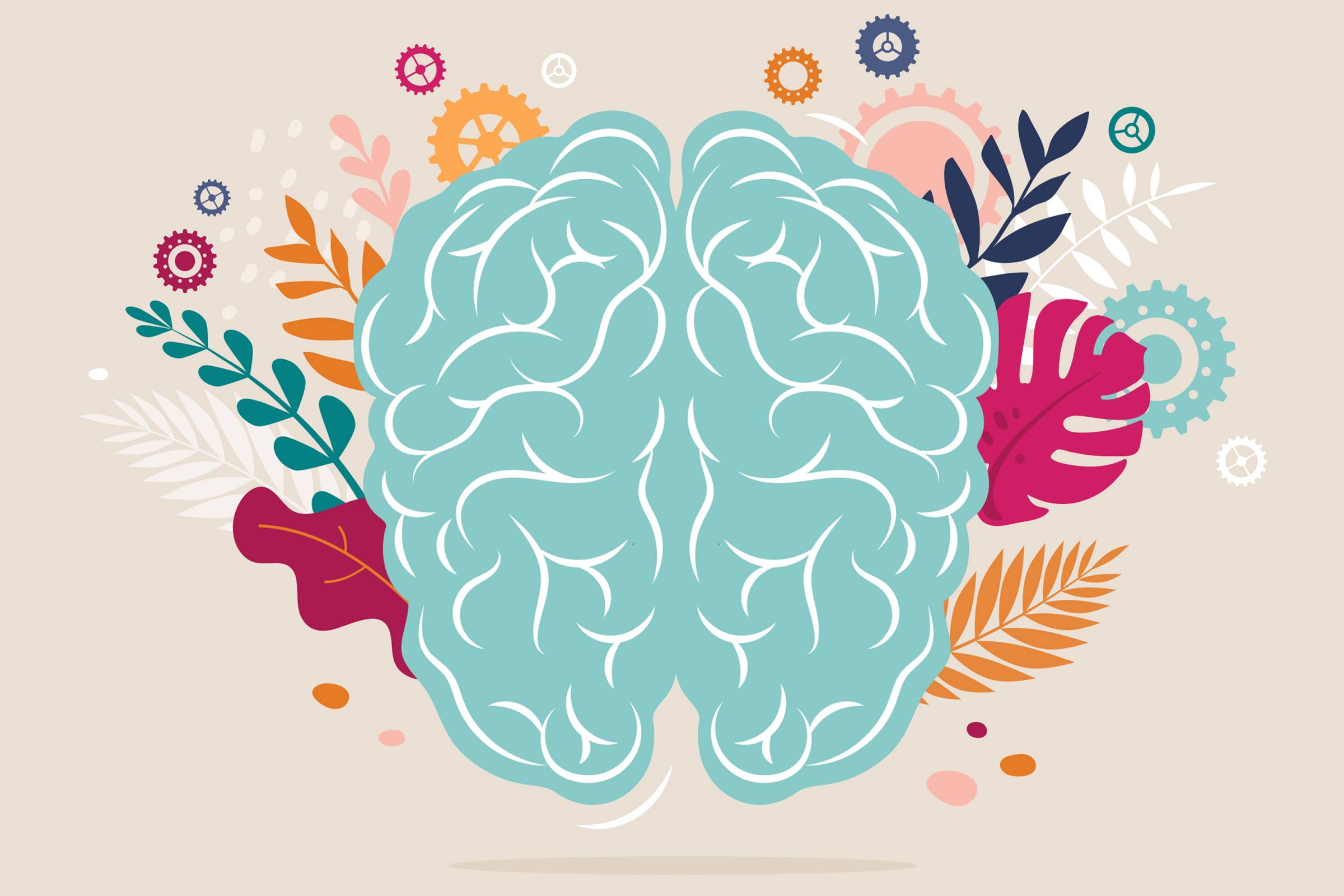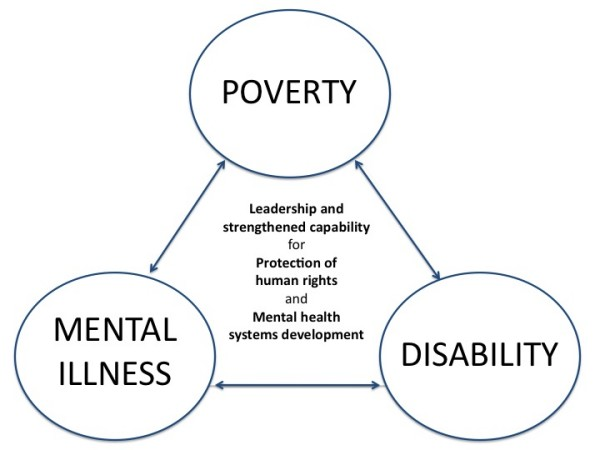<span class=„embedExternal embedImage display-large float-none“ data-embedjson=„{„url“:„https://us.v-cdn.net/6032412/uploads/V9XDD7EUC6YS/mental-health-040620.jpg“,„name“:„mental_health_040620.jpg“,„type“:„image/jpeg“,„size“:190481,„width“:2400,„height“:1600,„displaySize“:„large“,„float“:„none“,„embedType“:„image“}“>

In today's society, there is an increasing awareness of the importance of mental health and disability rights. However, discussions often tend to focus on these issues independently, overlooking the profound interconnection between mental health and disabilities. This article delves into the complex relationship between mental health and disability, shedding light on the challenges faced by individuals with disabilities and the critical need for comprehensive support and understanding.
Understanding Disabilities and Mental Health:
Disabilities come in diverse forms, ranging from physical, sensory, intellectual, and developmental impairments. Each type of disability presents unique challenges for individuals in their daily lives, affecting their physical capabilities, social interactions, and emotional well-being. Often, people with disabilities experience discrimination, stigmatization, and limited access to resources, leading to feelings of isolation and anxiety.
The Impact of Disability on Mental Health:
Living with a disability can take a significant toll on mental health. The constant need to navigate physical barriers and societal prejudices can lead to chronic stress and anxiety. Feelings of frustration, hopelessness, and low self-esteem may arise due to perceived limitations and challenges in fully participating in society. Moreover, individuals with disabilities may encounter difficulties in forming social connections, which can lead to loneliness and depression.
The Mental Health Challenges of Caregivers:
In the disability world, mental health concerns extend beyond the individuals with disabilities themselves. Caregivers, often family members or close friends, play a crucial role in providing support and assistance to those with disabilities. However, caregiving can be emotionally demanding and physically exhausting. Balancing the needs of the individual with a disability with their own can result in caregiver burnout and heightened stress levels. Recognizing and addressing the mental health of caregivers is vital to ensuring sustainable and effective care.
Overlapping Conditions: Co-Occurrence of Disabilities and Mental Health Disorders:
The relationship between mental health and disabilities is further complicated by the co-occurrence of mental health disorders among individuals with disabilities. Studies have shown that people with disabilities are more susceptible to developing mental health conditions such as depression, anxiety, and post-traumatic stress disorder (PTSD). These conditions may arise as a direct result of the disability or due to the emotional strain caused by societal attitudes and barriers.
Barriers to Mental Health Care:
Despite the clear intersection between disabilities and mental health, there are significant barriers to accessing mental health care for individuals with disabilities. Physical accessibility issues, lack of tailored mental health services, and a dearth of mental health professionals trained in disability-related concerns all contribute to this problem. As a result, many individuals with disabilities do not receive the mental health support they need, exacerbating their emotional struggles.
Empowering Solutions: A Holistic Approach to Mental Health in the Disability World:
To address the mental health challenges in the disability world, a comprehensive and inclusive approach is essential. This involves:
1. Raising Awareness: Increasing public awareness about the intersection of mental health and disabilities can combat stigmas and promote understanding and empathy.
2. Accessible Mental Health Services: Ensuring that mental health services are physically and intellectually accessible to individuals with disabilities is crucial.
3. Support for Caregivers: Providing support programs and resources for caregivers can enhance their well-being and improve the quality of care they offer.
4. Integrated Care: Promoting integrated care that addresses both physical and mental health aspects of disabilities can lead to better outcomes and overall well-being.
5. Advocacy for Disability Rights: Advocating for disability rights and accessibility in all aspects of life can create a more inclusive society, reducing the stressors faced by individuals with disabilities.

The connection between mental health and disabilities is undeniable, and addressing this intersection is vital to ensuring the well-being and empowerment of individuals with disabilities and their caregivers. By breaking down the barriers to mental health care and fostering a more inclusive and compassionate society, we can create a world where everyone can thrive, regardless of their abilities.